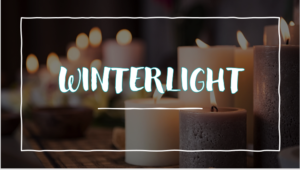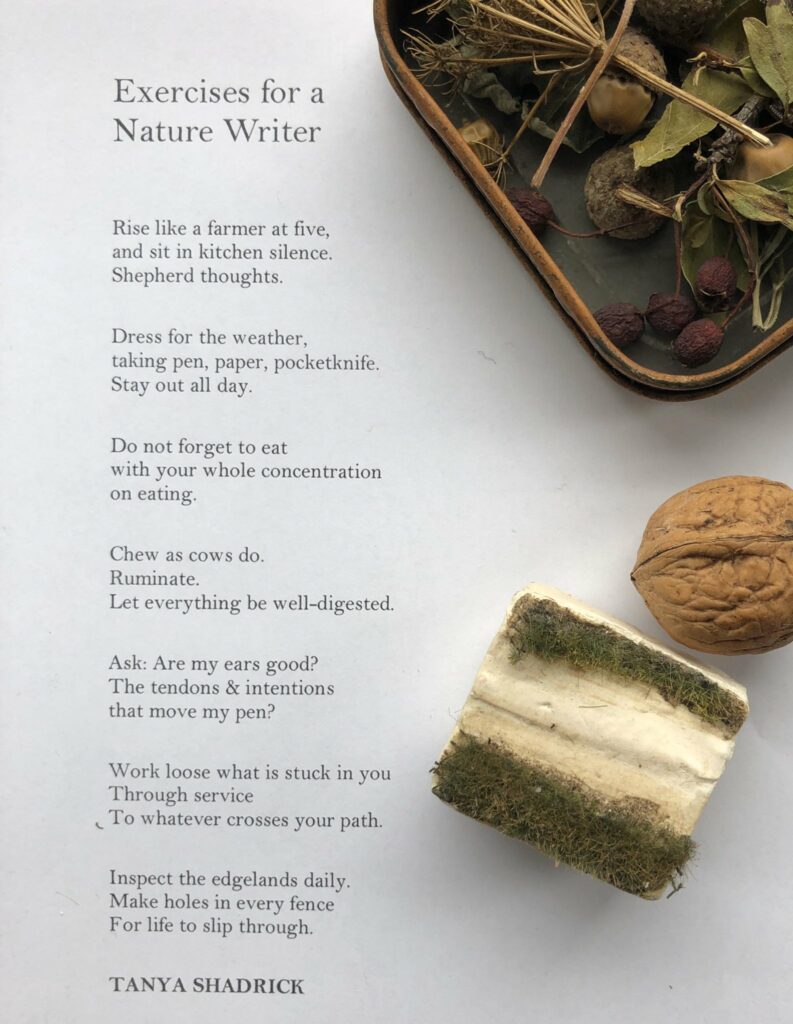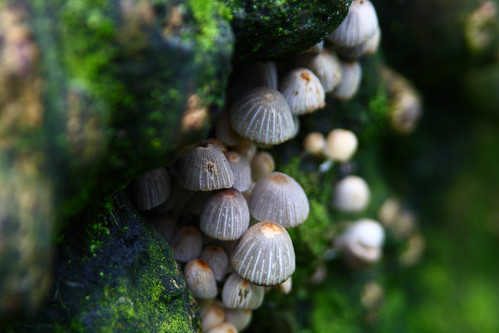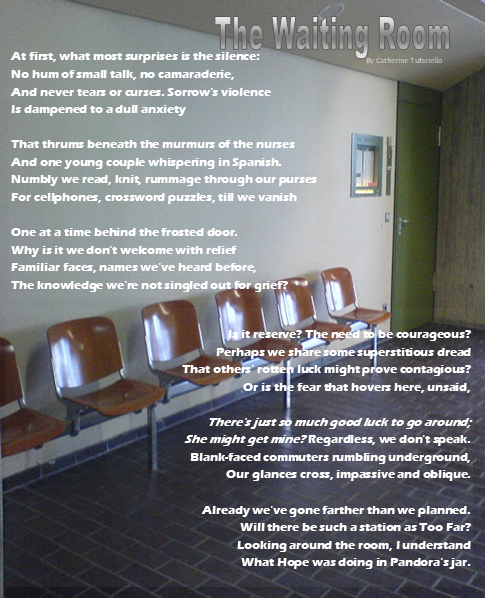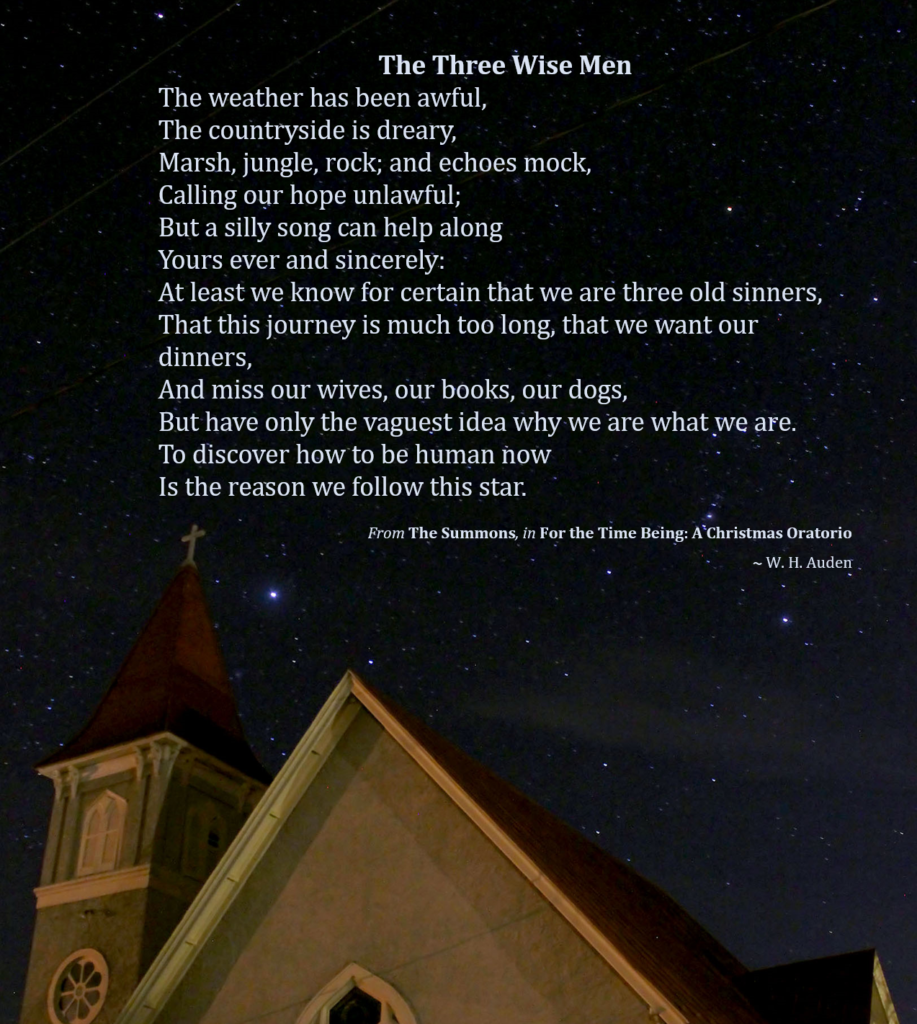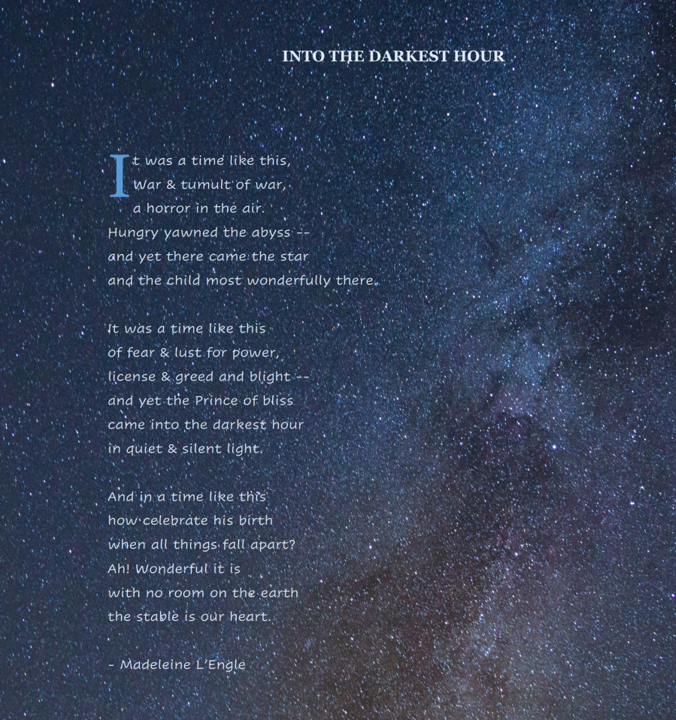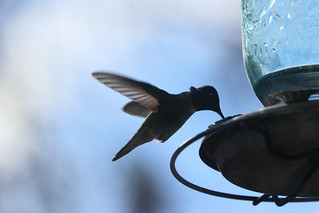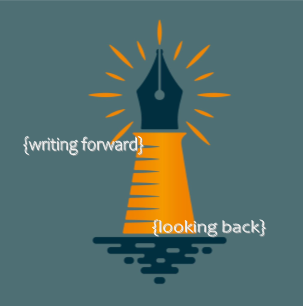 I loved history in school – it seemed an endlessly wonderful story of All These People doing All These Interesting Things! My sophomore year in high school, however, Dave Reedy was my teacher. Mr. Reedy was (IS) a hippie who was caustic about the government, outspoken about “History Is Written By The Winner” and made us students realize – way back even in the mid/late eighties – that what we were being taught wasn’t exactly inclusive, thus it wasn’t wholly factual. It was from Mr. Reedy that I learned to engage history critically, to think of it with my whole mind and not just passively accept what the text said.
I loved history in school – it seemed an endlessly wonderful story of All These People doing All These Interesting Things! My sophomore year in high school, however, Dave Reedy was my teacher. Mr. Reedy was (IS) a hippie who was caustic about the government, outspoken about “History Is Written By The Winner” and made us students realize – way back even in the mid/late eighties – that what we were being taught wasn’t exactly inclusive, thus it wasn’t wholly factual. It was from Mr. Reedy that I learned to engage history critically, to think of it with my whole mind and not just passively accept what the text said.
Thus, it was from Mr. Reedy I learned that I Would Not Want To Visit History. History has a smell that is stomach turning, and a texture that would make me want to wash my hands – repeatedly. History has soap that is made of lye and tallow, and not much else. History’s water is cold, unless I boil it over an open flame. Dry skin, toasted front and frozen back, scratchy wool and fleas – I’m…certain I’d want to avoid History at all costs.
…Which is why it’s so funny to me that our last Poetry Peeps prompt of the year is mine (also the date was wrong further indication of my involvement): Theme is Wish I’d Been There, or an historical event that incites wistfulness. Wistfulness! But, do I really wish I’d been there?
love lies lying
“I wish I’d been there,”
The kindest sort of falsehoods
told by introverts,
the chronically booked, and those
sparing of tender feelings.
not to mention the lack of modern dentistry
Nits, pease porridge, fleas
Creaky whalebone, bloomers, wigs –
Tanners, tallow, smoke and coal –
Grimed with sweaty industry, the
Grubby march of history.
Um… no. No, I don’t wish I’d been there. But, it’s nice to pretend I bound into adventure, unbothered by oh, slavery, bug bites, rodents of plague-passing sizes, stepping unshod (or shod, for that matter), in scat, or eating dubious food like lark’s tongues or tripe. It’s nice to imagine, but let’s be real: I only wish I’d been there because the outfits look so interesting in paintings and pictures. Oh, well.
If you’d like to see what the other wistful Poetry Peeps poetry closes out the year, Kelly is back with a wistful haiku. Laura is here, while Tricia is here. Sara is here, and Cousin Mary Lee is here. Stay tuned for more Poetry Peeps checking in throughout the day. Poetry Friday today is ably hosted by the poet Irene Latham – thanks Irene! Happy Christmas, if you celebrate! Warm hearths, cozy reading nooks, and historically anachronistic comforts to you.
